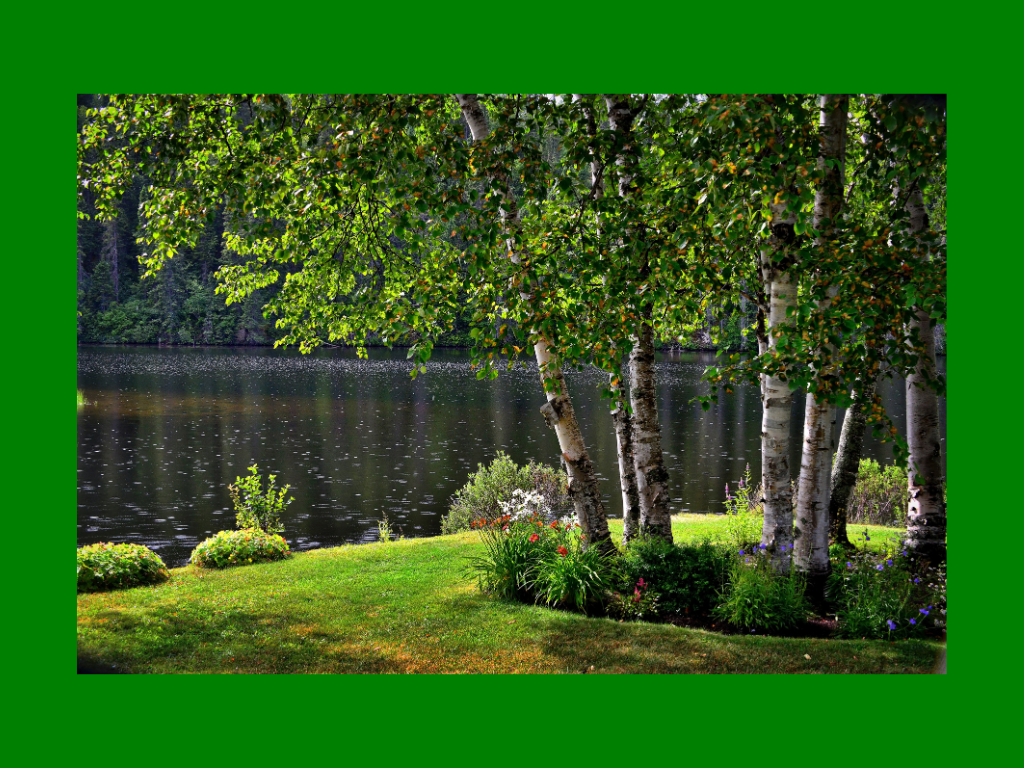Imagine driving through a neighborhood where every lawn is perfectly manicured, flower beds burst with color, and outdoor spaces look like they belong in a magazine.
Now, imagine that you’re the person responsible for making that happen, and getting paid well for it. That’s the power of a landscaping business.
Starting a landscaping business is not just about mowing lawns and trimming hedges. It’s about creating beautiful outdoor environments that enhance homes and commercial properties.
It’s a career that offers creative fulfillment, steady income, and the flexibility to work on your own terms. But, like any business, success doesn’t happen overnight.
This complete guide to starting a landscaping business will walk you through everything you need to know, from legal setup and equipment investment to marketing strategies and client retention.
If you’re ready to turn your love for landscaping into a profitable business, let’s dive in.
Table of Contents
Understanding the Landscaping Industry
The landscaping industry is thriving, with homeowners and businesses constantly seeking professional help to maintain and beautify their outdoor spaces.
Landscaping isn’t just about aesthetics; it adds value to properties. Well-maintained landscapes can increase home value by up to 15%, making professional landscaping services a must-have for property owners.
To succeed in this industry, you need to understand the different types of landscaping services. Some businesses focus on basic lawn care, while others specialize in high-end landscape design.
You might decide to offer irrigation solutions, tree services, or even eco-friendly landscaping, which has grown in popularity. Sustainable landscaping, using native plants, drought-resistant gardens, and energy-efficient designs, is a niche that’s drawing more eco-conscious clients.
No matter which direction you choose, positioning yourself as an expert is important. A strong online presence with a well-structured landscaping services website design can make all the difference in attracting high-value clients. Most clients want to work with a landscaper who understands design principles, plant care, and seasonal maintenance strategies.
Creating a Business Plan for Your Landscaping Company
Every successful business starts with a plan. If you’re serious about making money from landscaping, you need a roadmap.
First, define your niche. Do you want to focus on residential properties, or do you see yourself working with commercial clients? Are you drawn to regular lawn maintenance, or do you prefer high-end landscape design projects? Having a clear focus will help you target the right audience.
Next, research your competition. Look at other landscaping companies in your area and analyze their services, pricing, and marketing strategies. What can you do better? Maybe they lack an online presence, or their customer service is lacking. Identifying gaps in the market allows you to position your business strategically.
Your business plan should also include financial projections. List your estimated startup costs, expected revenue, and expenses. How many clients will you need per month to break even? How will you price your services to stay competitive while making a profit? Having these numbers in place will help you manage your finances effectively.
Finally, branding is key. Your business name, logo, and even the colors you use in your marketing materials should reflect professionalism and quality. A strong brand identity makes your business memorable and helps build trust with potential clients.

Legal Requirements and Business Setup
Many new landscapers overlook the legal side of running a business, but it’s essential if you want to operate smoothly.
The first step is choosing your business structure. Sole proprietorships are easy to set up, but an LLC (Limited Liability Company) provides better legal protection. With an LLC, your personal assets are shielded if any legal issues arise.
Next, register your business and obtain the necessary licenses and permits. Some states require a landscaping license, especially if you plan to offer pesticide application or irrigation services.
Insurance is another must-have. Landscaping involves heavy equipment, and accidents can happen. General liability insurance covers property damage and injuries, while workers’ compensation insurance is necessary if you hire employees.
Once the legal side is handled, set up a website for your landscaping business. A professional landscaping services website design not only helps attract clients but also gives your business credibility.
Budgeting and Financial Planning
Starting a landscaping business requires an upfront investment, but smart financial planning will keep you from overspending.
Your biggest expenses will likely be equipment, transportation, and marketing. A commercial-grade mower alone can cost thousands, and a reliable truck is necessary to transport your tools. Instead of buying everything at once, start with the essentials and upgrade as your business grows.
Pricing your services correctly is also crucial. Many new landscapers undercharge, thinking lower prices will attract more clients. But pricing too low can make your business unsustainable. Research market rates in your area and factor in labor, equipment, and overhead costs when setting your prices.
Managing cash flow is another challenge. Clients may not always pay on time, and you’ll have slow seasons. Setting up a system for invoicing and offering discounts for early payments can help maintain steady cash flow.
Essential Equipment and Tools for Landscaping
The right equipment will determine how efficiently you can work. Investing in high-quality tools will save you time and frustration in the long run.
At the very least, you’ll need a commercial mower, trimmers, edgers, blowers, and hand tools like shovels and rakes. If you plan to offer specialized services like hardscaping, you may also need power saws, compactors, and leveling tools.
It’s also important to maintain your equipment. A broken mower in the middle of a job can throw off your entire schedule. Regular servicing and proper storage will extend the life of your tools.
Additionally, investing in a landscaping services website design with an easy-to-use booking system can streamline your operations and improve customer satisfaction.
Hiring and Managing a Landscaping Team
As your business grows, you’ll need extra hands. While working solo has its perks, hiring a team allows you to take on more clients and complete jobs faster.
Finding reliable employees is key. Landscaping is physically demanding, so look for workers with experience and a strong work ethic. Training is also important. Teach your team not only the technical skills but also customer service best practices.
Payroll, taxes, and labor laws can get complicated, so consider using payroll software or hiring an accountant. Paying your employees fairly and offering incentives for great work will keep them motivated and loyal.
Marketing Your Landscaping Business
Marketing is what will set you apart from competitors. A strong online presence is essential, starting with a website for your landscaping business. Your website should highlight your services, showcase before-and-after photos, and include client testimonials. A well-designed landscaping services website design makes a lasting impression.
SEO (search engine optimization) is another game-changer. Optimizing your website for landscaping business with relevant keywords helps potential clients find you on Google. If you’re not sure how to make a website for landscaping services, a professional agency like Texttot can ensure your site is optimized for conversions.
Social media is also powerful. Posting videos of your work on Instagram or Facebook can attract local clients. Paid ads, especially on Google and Facebook, can also generate leads quickly.
Networking with local businesses, property managers, and real estate agents can bring valuable referrals.

How to Attract and Retain Clients
Your first few clients will be the hardest to land, but once you prove your value, word-of-mouth will work in your favor. Offering discounts for referrals or first-time clients can help you gain traction.
Customer service matters just as much as landscaping skills. Clients remember businesses that are punctual, communicative, and detail-oriented. A follow-up message after each job or a seasonal maintenance reminder can keep clients coming back.
Scaling and Expanding Your Landscaping Business
Once your business is stable, expansion is the next step. Adding new services like irrigation installation or landscape lighting can bring in more clients.
Securing commercial contracts can also provide a steady income stream. Offices, apartment complexes, and HOAs need ongoing landscaping services.
Investing in automation, such as online booking, invoicing software, and a well-structured landscaping services website design simplifies operations and can make your operations more efficient as you scale.
Conclusion
To start a landscaping business, you need planning, dedication, and the right marketing strategies. This complete guide to starting a landscaping business has given you the tools to build a thriving company.
A strong website for your landscaping business is non-negotiable. If you need a landscaping services website design that attracts clients, Texttot is here to help. Contact us today and take your business to the next level!


